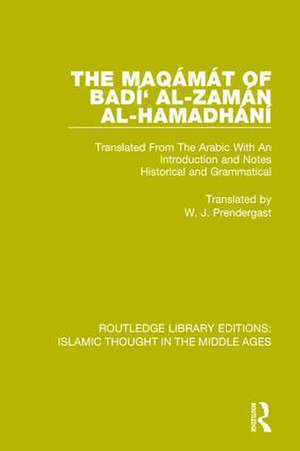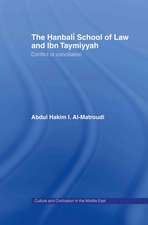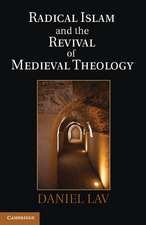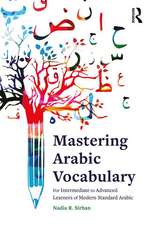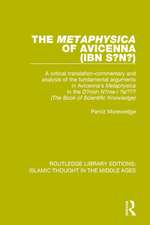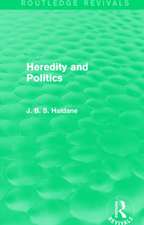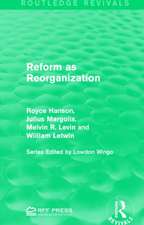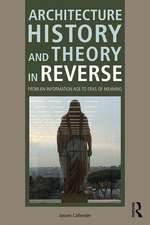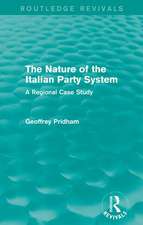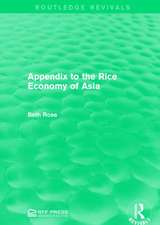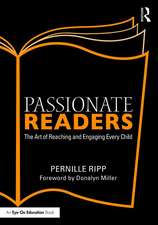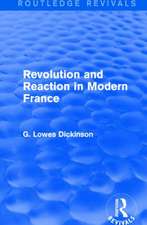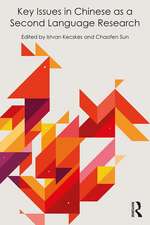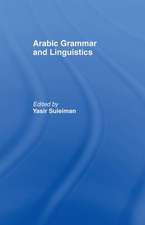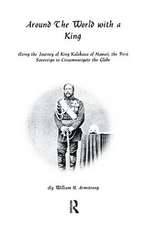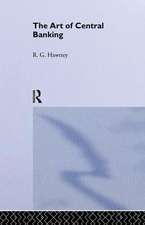The Maqámát of Badí' al-Zamán al-Hamadhání: Translated From The Arabic With An Introduction and Notes Historical and Grammatical
Autor W.J. Prendergasten Limba Engleză Paperback – 13 iun 2017
| Toate formatele și edițiile | Preț | Express |
|---|---|---|
| Paperback (1) | 237.49 lei 6-8 săpt. | |
| Taylor & Francis – 13 iun 2017 | 237.49 lei 6-8 săpt. | |
| Hardback (1) | 999.46 lei 6-8 săpt. | |
| Taylor & Francis – 13 oct 2015 | 999.46 lei 6-8 săpt. |
Preț: 237.49 lei
Preț vechi: 286.89 lei
-17% Nou
Puncte Express: 356
Preț estimativ în valută:
45.45€ • 47.18$ • 37.90£
45.45€ • 47.18$ • 37.90£
Carte tipărită la comandă
Livrare economică 24 martie-07 aprilie
Preluare comenzi: 021 569.72.76
Specificații
ISBN-13: 9781138940598
ISBN-10: 1138940593
Pagini: 206
Dimensiuni: 156 x 234 mm
Greutate: 0.27 kg
Ediția:1
Editura: Taylor & Francis
Colecția Routledge
Locul publicării:Oxford, United Kingdom
ISBN-10: 1138940593
Pagini: 206
Dimensiuni: 156 x 234 mm
Greutate: 0.27 kg
Ediția:1
Editura: Taylor & Francis
Colecția Routledge
Locul publicării:Oxford, United Kingdom
Public țintă
Postgraduate and UndergraduateCuprins
Introduction. The Life of the Author. Rhymed Prose. The Word Maqama. Origin and Character of the Maqamat. Hamadhani and Hariri Compared. The 51 Maqamat.
Descriere
The triple aim of Hamadhání in this work, first translated into English in 1915, appears to have been to amuse, to interest and to instruct; and this explains why, in spite of the inherent difficulty of a work of this kind composed primarily with a view to the rhetorical effect upon the learned and the great, there is scarcely a dull chapter in the fifty-one maqámát or discourses. The author essayed, throughout these dramatic discourses, to illustrate the life and language both of the denizens of the desert and the dwellers in towns, and to give examples of the jargon and slang of thieves and robbers as well as the lucubrations of the learned and the conversations of the cultured.
